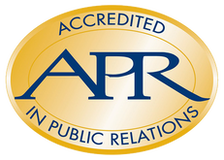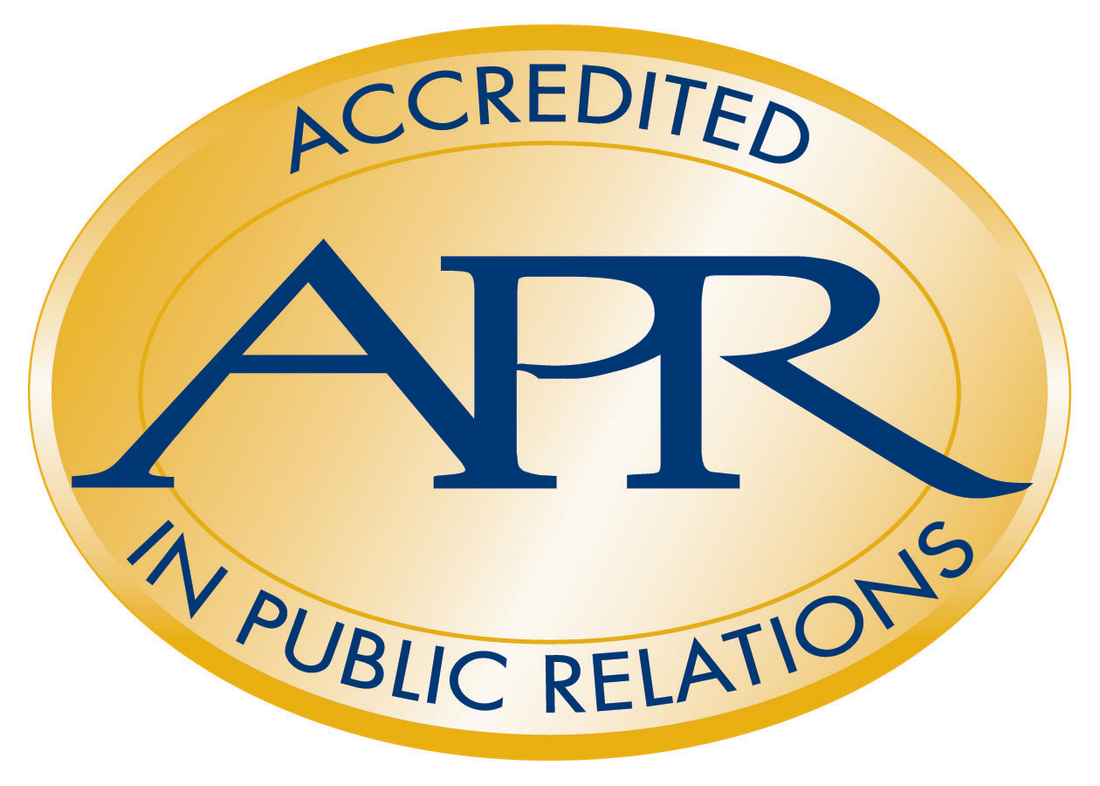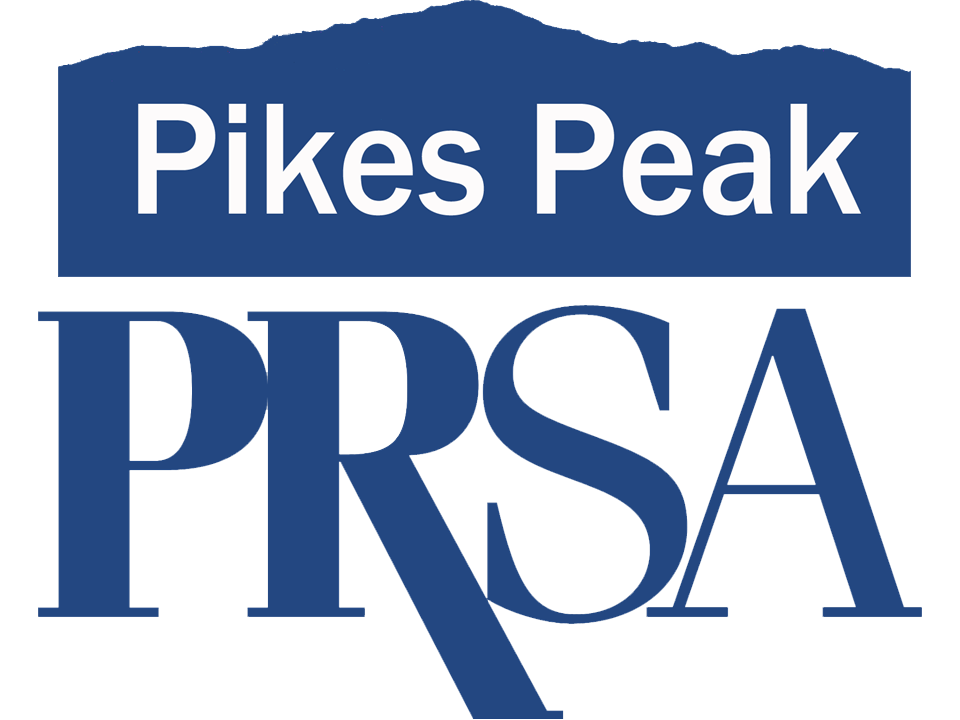|
My #PRSA Journey!
An Army Transition Salute to PRSA! I am humbly indebted to the PRSA. Here’s my Army transition story. I joined the Army Public Affairs community in 2007, working with the 101st Airborne Division in Iraq as a brigade public affairs. Following this assignment, I worked in Army advertising and marketing as a program manager, travelling to different states with Weber Shandwick, McCann Erickson and Momentum Worldwide teams. Next, I worked at I Corps, a three-star general command near Seattle, as the website and social media manager and as a communications planner in Afghanistan, Australia and Japan. After 55 months of deployments/business trips, I retired in February, 2015, to settle down and spend time with my wife and kids in Colorado Springs. My first experience with the PRSA was at the South Sound Chapter in Tacoma, Washington. They treated my fellow colleagues and me very well as we learned a lot during the breakfast program about social media. The Army has its own close-knit public affairs community that shares lessons learned and educational opportunities; therefore, one could say that PRSA involvement is not as necessary for those PR practitioners on active duty. Understanding what I know now, I would have joined PRSA and volunteered on their board earlier in my military career. PRSA provides value by expanding your knowledge base, linking you to different people in PR functions and offering unique methodologies into everyday PR. There is no other organization or military transition program that is more beneficial for military public affairs than the PRSA. Free Membership and Joining the Pikes Peak Chapter Board Upon starting my military retirement process, I found out about the PRSA’s free one-year membership for transitioning veterans, which I took advantage of right away. I called the Pikes Peak Chapter president and spoke with her about my upcoming arrival to Colorado Springs. The president was eager to help me and discussed several opportunities, to include a potential vice-president and program chair board opening for the next year. I flew into Colorado Springs from Seattle for a job interview and also met with the president and the vice-president, who were both gracious with their time and assistance. Little did I know that meeting both of them would dramatically change my career landscape for the better. Months later, I officially departed Joint Base Lewis-McChord and travelled to Colorado Springs in a moving truck with great anticipation for this next phase of my PR career. I attended a December PRSA mixer in the Colorado Springs, meeting several PR professionals and briefly giving my 30-second elevator transition story. A few weeks later, I found out that I was voted in as the vice-president and program chair for the Pikes Peak Chapter. I could not believe this golden opportunity was now a reality. My responsibilities included finding monthly luncheon speakers, organizing the day-long professional development workshop and locating venues. I could not ask for a better networking opportunity. As a member of the board, I was surrounded by excellence. The board helped me in so many ways – for I knew no one in the Springs PR community. I quickly learned that my PR experience was just that – my experience. The board had practitioners from nonprofits, for profits, local and federal government and consultants… seasoned and proven. The monthly luncheons were well attended and the professional development workshop included national, western district, Boulder, Denver and local PR pros held at the Olympic Training Center. The teamwork and encouraging spirit permeated our efforts. I simply cannot thank my colleagues enough for their help. These are my friends and mentors. Why Transitioning PAOs Should Obtain The APR In February, 2015, our Accreditation in Public Relations chair discussed his upcoming APR workshop, which I was a participant, in order to prepare for the questionnaire, readiness review panel and examination. I was not familiar with the APR, but I was previously inquiring about a certificate program at the University of Washington in Seattle to provide updated credentials to my resume and learn the latest trends in communications. As an ROTC scholarship recipient, I obtained my Bachelor of Arts in Mass Communications from Ouachita Baptist University in Arkansas in 1994 as well as my Master of Science in Mass Communications from Middle Tennessee State University in 2007. My MS degree was provided at no cost by Army public affairs through the Advance Civil Schooling Program. Additionally, I attended the Defense Information School (DINFOS) at Fort Meade, Maryland. Why would I get my APR? Why should you pursue the APR? I ultimately chose the APR route because military and civilian PR is, at times, very different. Yes, there are a number of overlapping areas – but, many of the terms, methodology, planning procedures, business literacy, management and overall feel of PR are much different. I just passed my first year anniversary of working at AspenPointe as the communications manager, which my PRSA involvement directly helped in this job placement. In this role of working for a nonprofit, I have seen many different strategies, objectives and tactics not used in the military. My boss works the advertising and marketing, which a majority of military public affairs personnel never have to consider during the research, planning, implementation, evaluation and coordination. Furthermore, quantitative and qualitative research and analysis are limited to funding and time. These areas are vital in civilian PR due to the bottom line reality. I highly encourage transitioning military public affairs officers and enlisted personnel to obtain their APR+M or APR before departing his or her service. DINFOS provides a basic understanding of public affairs, which is only one of the disciplines in PR. I did find that my MS degree in Mass Communications provided a good baseline for the theory, ethics and law, research and management functions of public relations. The process of senior professionals examining your project plan and portfolio as well as refining your knowledge of public relations will truly enrich your PR career. Continue To Serve As A Leader and Team Member Leadership and teamwork are vital to military mission success and organizational cohesiveness. I highly encourage you to use your experience to help your local PRSA chapter. Our experiences are potentially filled with national media exposure, dignitary visits and top-tier community relations. But, service to others is where our contribution can continue to make a difference. I was fortunate to work in the vice-president and program chair during this past year. I am currently the president-elect and help out where needed. Whether it is on the board, serving on the committee or helping out at events, your dedication and contribution is needed and will be warmly welcomed. The valuable tools and tips you will learn from PRSA members will definitely help in your transition. My fellow PRSA members have worked through multiple national crisis communication events, demonstrated integrated communications and carefully planned major events that have generated substantial amounts of revenue. As mentioned before, there is no more important program or asset as you separate or retire from the military than PRSA. The Pikes Peak Chapter board and members truly had my best interest at heart as I transitioned from the Army. I am truly grateful to the PRSA for helping me during a pivotal time of my career. I know your local chapter will provide the same help to you during your military transition.
0 Comments
Leave a Reply. |
JP Arnold, aprThe Pikes Peak PRSA APR Accreditation in Public Relations Chair Archives
December 2020
Categories |




 RSS Feed
RSS Feed
